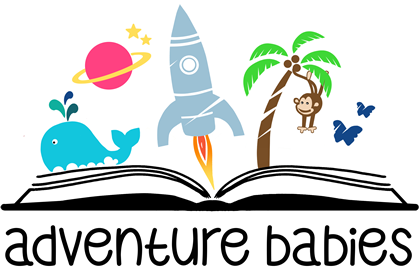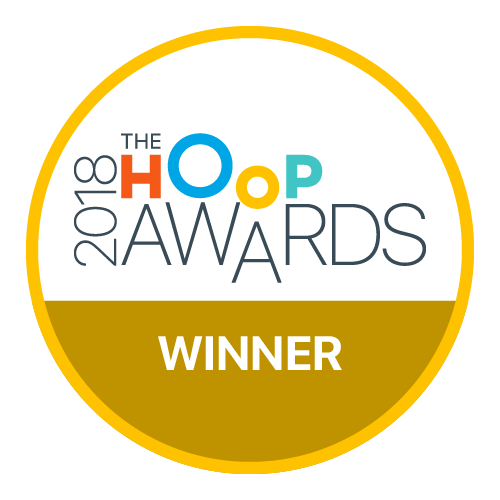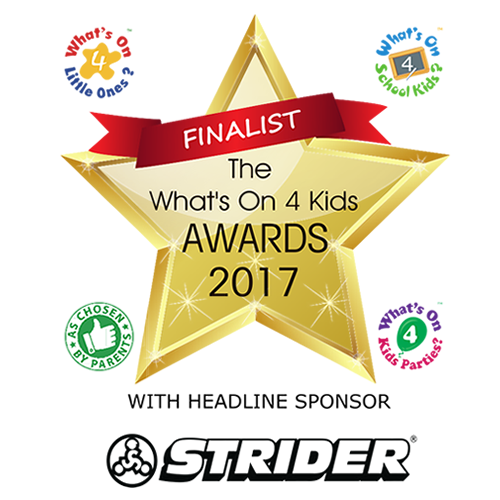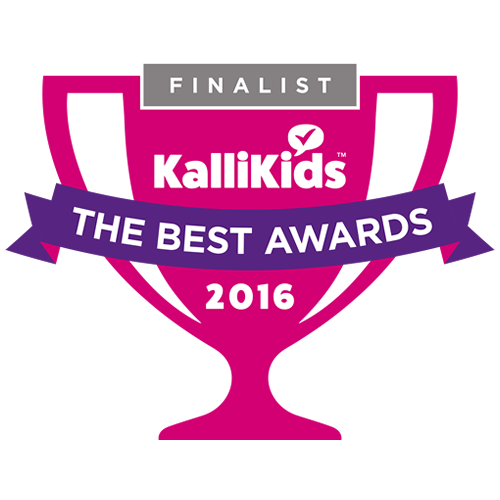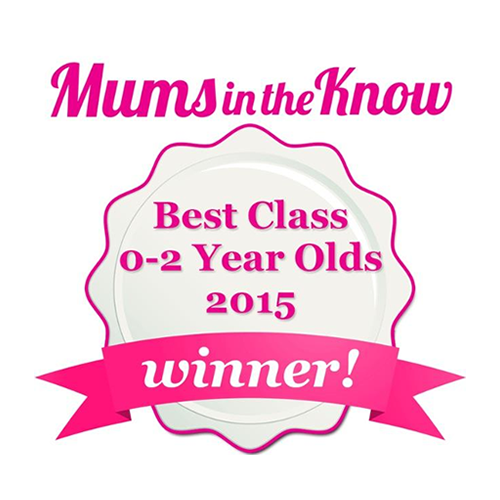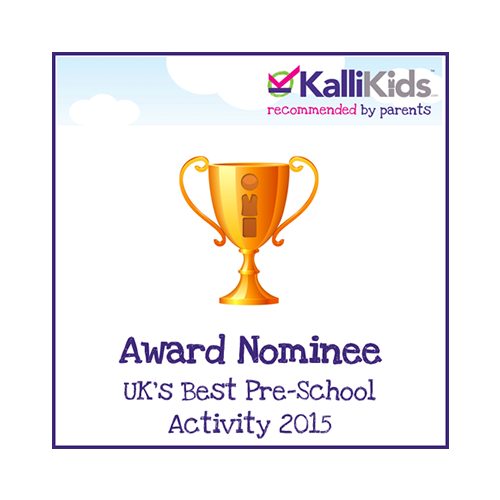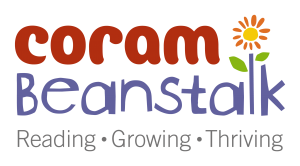The Truth About Baby Sleep Regression (and How to Get Through It Without Losing Your Mind) We see it every week in class—parents clutching flat whites like lifelines, mum-buns slightly higher than usual, eyes wide with what the actual… is going on?! Welcome to the 4 month sleep regression baby zone. If your previously snoozy […]
From Gurgles to Giggles – Supporting Early Communication
Your baby might not be speaking yet—but they’re already talking to you.
The raised eyebrows, the excited squeals, the gurgles, the babbles, the wide-mouthed grins? That’s communication. And those first adorable sounds are just the beginning of something amazing.
If you’ve been wondering how to encourage baby communication in a fun, natural way, the answer is simpler than you think: stories, songs, silly voices, and shared playtime. And in our Adventure Babies classes, we see this magic unfold every single week.
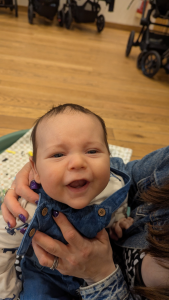
🗣️ It All Starts With Sound
Before babies say their first word, they’re busy learning the rules of language—by listening, watching, and experimenting with sounds.
Here’s what’s happening in those early months:
-
They tune in to the rise and fall of your voice
-
They start to recognise patterns in songs and rhymes
-
They experiment with gurgles, squeals, and babbles
-
They begin to understand that sound = connection
When a parent sings “Twinkle Twinkle” and a baby squeals in anticipation of the next line, that’s communication.
When a familiar puppet pops up and a baby starts to babble with glee, that’s learning.
When your baby blows a raspberry and you do it back? That’s the beginning of conversation.
Knowing how to encourage baby communication isn’t about flashcards or baby talk drills. It’s about playful, meaningful interactions—and that’s what we do best.
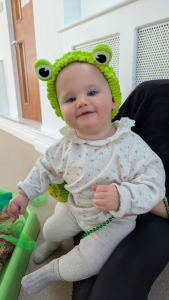
🎵 Why Singing and Storytelling Are Superpowers
Babies are wired to respond to rhythm, repetition, and expression. That’s why singing nursery rhymes or reading with silly voices isn’t just fun—it’s powerful.
In class, we use storytelling to:
-
Build language patterns (repeated phrases like “That’s not my…” help babies anticipate words)
-
Teach turn-taking (when we pause during a rhyme, babies learn to respond)
-
Support emotional connection (using faces, tones, and puppets to show feelings)
And it works. Every week we see babies light up when their favourite story is read, or coo in response to a singing parent. One baby might babble along to a rhyme. Another might copy a facial expression. Another might just stare, wide-eyed, soaking it all in.
All of this is communication. And it’s brilliant.
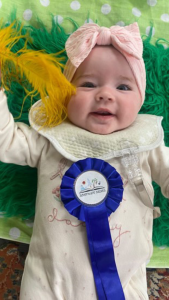
👂 Little Listeners Become Big Talkers
It’s easy to worry if your baby isn’t making lots of noise yet. But research shows that listening is just as important as speaking. Babies need to hear language all around them to learn its rhythm, flow, and emotion.
In fact, the more language-rich experiences babies have in their early months, the more confident they’ll be when they start to speak. That’s why reading, chatting, and singing regularly are key tools when learning how to encourage baby communication.
Even if they’re not replying yet, they’re absorbing everything.

💬 What Our Parents Say
“My baby started copying the ‘ooooh’ noise in class this week – I nearly cried!”
“I didn’t realise how much she understood until she reacted to the same rhyme in class three weeks in a row.”
“He’s not saying words yet, but he babbles non-stop after our sessions.”
These moments matter. They’re not just cute—they’re key building blocks of speech, language, and confidence.
🔗 Want to Know More?
Take a look at their What to Expect 0–12 Months page—it’s clear, reassuring, and full of expert-backed advice.
Spoiler: lots of it aligns with what we do in our classes—because playful, face-to-face interaction really is the best way to encourage baby communication.
💛 Come Babble With Us
Every giggle, squeal, and gurgle has a purpose—and we’re here for it.
If you’re keen to discover how to encourage baby communication while having loads of fun (and meeting other parents who get it), come and join us.
Our classes are packed with stories, songs, sensory play and silly sounds—all the things babies love and need to start finding their voice.
📅 Book your place for next term now—let’s babble, bounce and build communication skills together.
Why Books Are Better Than Toys (Even for 6-Month-Olds) When you picture a six-month-old, you might imagine soft toys, flashing lights, or those never-ending musical buttons. But what if we told you that one of the best things you can give your baby isn’t a toy at all—it’s a book? At Adventure Babies, we’ve seen […]
There was shaving foam in her hair. Porridge in her nappy. And something suspiciously green under my fingernail. But honestly? We both had the best time. Before I started Adventure Babies sessions, I thought messy play sounded a bit… stressful. All I could picture was chaos, stains, and a lot of laundry. But once I […]
